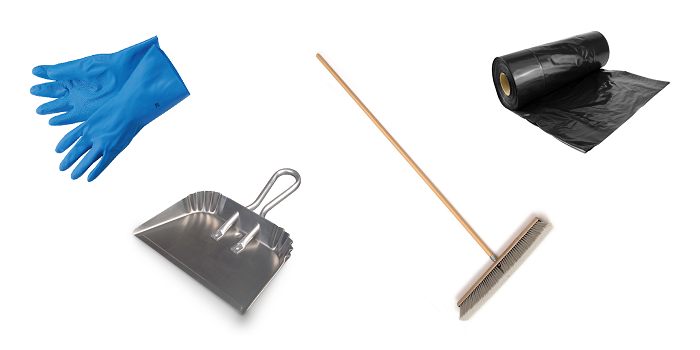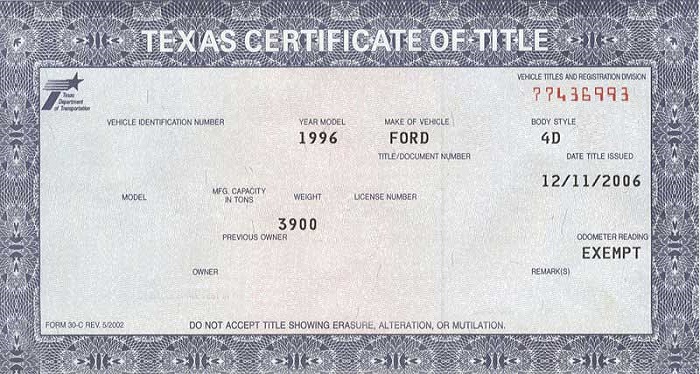Cleaning storage units is one of the least enjoyable aspects of the auction-hunting business, but it's a necessary step. Failure to clean the unit within 24 to 48 hours of the purchase is a sure-fire way to get yourself un-invited from future auctions. For storage facilities, one of the primary purposes of holding a storage auction is to empty out the abandoned unit, and buyers who leave behind their trash and unwanted items are swiftly black-listed.
As important as cleaning is, you don't want to be stuck wasting time on it. Every moment you spend throwing away trash or sweeping out the unit is time you can't spend on more lucrative endeavors, like selling items or attending more auctions. By learning how to economize your time, you can get the cleaning out of the way quickly and easily.
Here are a few tips for cleaning storage units:
- Avoid messy units. The easiest way to cut down on cleaning time is to avoid bidding on units that will take a long time to clean. Well-organized, tidy units tend to have higher-quality items in them, anyway, and you'll save yourself a lot of hassles by avoiding units that are clearly filled with trash.
- Bring a partner. Even if you attend auctions by yourself, you should bring along a partner or two to help sort items, load them in your truck and haul trash away to the dump. If you don't have a business partner, see if you can recruit a friend or family member.
- Have dump fees handy. No matter how careful you are with picking your storage units, you'll still find a lot of trash or unusable items. You can't use the dumpsters at the storage facility, and unauthorized dumping in any other private dumpster is illegal. If you have large items that won't fit in your own home trash can, you'll need to haul them to the landfill or recycling center – and you may need to pay a fee to leave things at the dump. Figure out how much it will be in advance so you can plan accordingly.
Having a place to store the items you wish to keep will make it easy to sort them apart from the things you'll be throwing away, recycling or donating. A little bit of organization will help make cleaning storage units an easy task.


